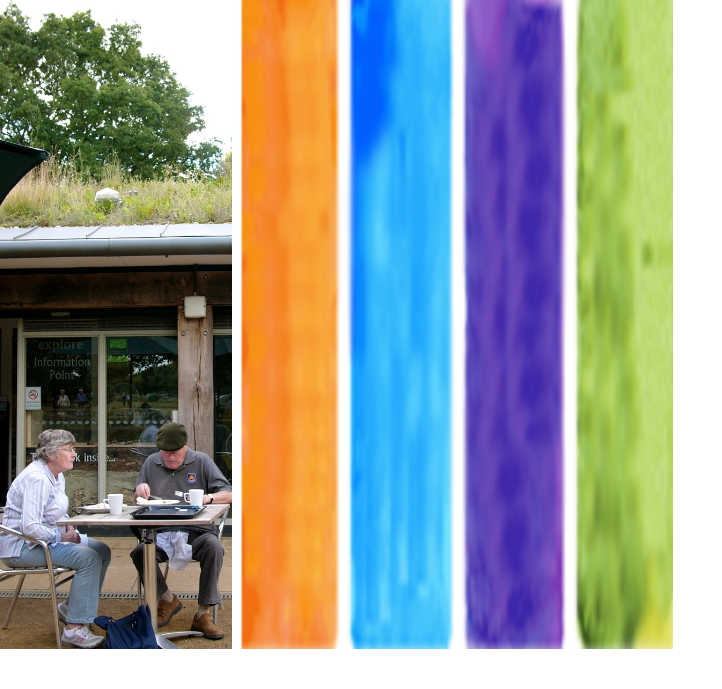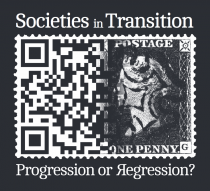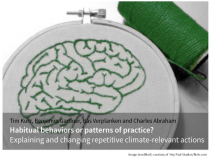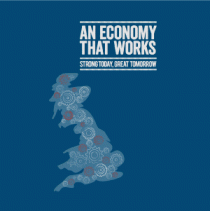- About
- Team
- Projects
- Children and the Environment
- ELiCiT (Exploring lifestyle changes in transition)
- Foundations for Sustainable Living
- HABITs
- Mapping Rebound Effects
- PASSAGE (Prosperity and Sustainability in the Green Economy)
- Policy Dialogue
- Price Responsiveness of Demand in Energy
- Resilience and Sustainable Lifestyles
- Sustainability Transitions in Food Systems
- Sustainable Living in Remote Rural Scotland
- Publications
- News
- Events
Consumption in retirement
Where:
University of Surrey, Room 45B AZ 04
When:
May 15 2013 - 13:00
Seminar, 15 May 2013
Sue Venn and Kate Burningham
Sue Venn and Kate Burningham
Consumption in retirement: implications for environmental sustainability
 We are repeatedly reminded of the challenges of a global ageing population, with forecasts of failing pension plans, cultural instability and heavy burdens on health and social care. We are also reminded that climate change is one of the most challenging issues we face today with calls for everyone to adopt more ‘sustainable lifestyles’. Rarely, however, do the implications of these two challenges intersect, unless to portray older people as vulnerable and at risk of extreme weather conditions on the one hand, or engaging in unsustainable levels of consumption to the detriment of younger generations on the other. This presentation is seeking to contribute to the debates on the implications of an ageing population on the environment through an understanding of the everyday, but largely invisible and embedded, consumption practices of grocery shopping by ‘baby boomers’ as they move into and through retirement.
We are repeatedly reminded of the challenges of a global ageing population, with forecasts of failing pension plans, cultural instability and heavy burdens on health and social care. We are also reminded that climate change is one of the most challenging issues we face today with calls for everyone to adopt more ‘sustainable lifestyles’. Rarely, however, do the implications of these two challenges intersect, unless to portray older people as vulnerable and at risk of extreme weather conditions on the one hand, or engaging in unsustainable levels of consumption to the detriment of younger generations on the other. This presentation is seeking to contribute to the debates on the implications of an ageing population on the environment through an understanding of the everyday, but largely invisible and embedded, consumption practices of grocery shopping by ‘baby boomers’ as they move into and through retirement.Drawing on in-depth longitudinal interviews with 40 men and women in four locations in the UK it is suggested that retirees’ grocery shopping practices are largely influenced by two factors, both of which have explicit and implicit implications for sustainable lifestyles: (a) parental values and upbringing which lead to the reification of thrift and frugality as virtues, and (b) the influence of caring roles and identities on consumption choices.
+++
Further reading
For information on the SLRG ELiCiT-Project (Exploring Lifestyle Changes in Transition) go here.













